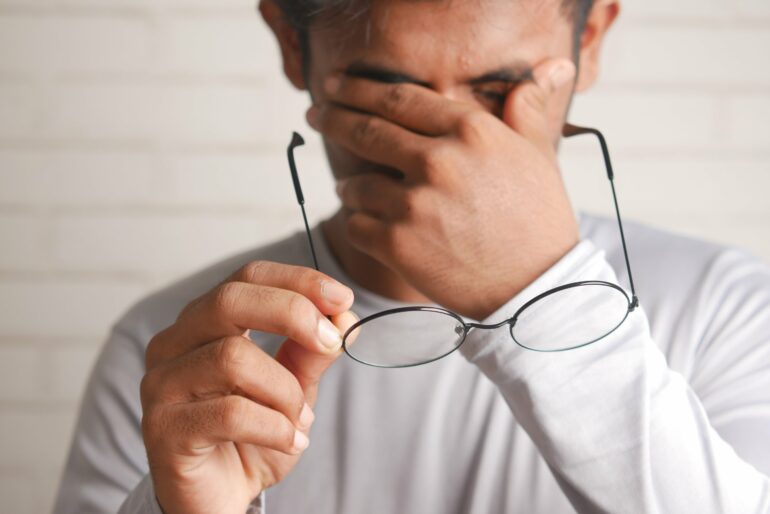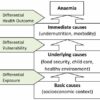Researchers from the University of South Carolina, CQUniversity Australia and the University of Surrey recommend adding one more item to your list of New Year’s resolutions: getting enough sleep. Their recent study, published in the Journal of Sleep Research, found that sleepiness increases reliance on habits—whether good or bad.
“When our ability to control what we do is depleted by sleepiness, we tend to act more on ‘autopilot,’ with minimal forethought,” says Amanda Rebar, associate professor of health promotion education and behavior and director of the Motivation and Health Behavior Lab at USC’s Arnold School of Public Health. “Our study shows this definitively: people were more likely to act habitually when they reported feeling sleepy. While this can result in higher levels of good habits, it can also lead individuals to fall back on bad habits.”
Following more than 100 individuals over the course of a week, the authors compared sleepiness levels and habits both between and within participants (i.e., comparing them to each other, and to themselves at different points through the week). When comparing individuals, they found that the sleepier participants were neither more nor less likely to act habitually. However, they observed that when people were sleepier than what was typical for them, they were more likely to engage in habitual behaviors.
Nearly a quarter of Americans report high levels of daytime sleepiness—impacting alertness and a higher propensity to fall asleep during typical waking hours. In addition to the discomfort of daytime sleepiness, this state impacts individuals’ ability to consciously regulate their behaviors.
“Acting in line with our preferences requires willful determination,” Rebar says. “Feeling sleepy diminishes our ability to exert that determination over other competing desires and temptations. That can lead us to act habitually, in a way that goes against our goals.”
These competing desires and temptations might include watching TV instead of exercising or eating comfort foods over healthier choices. Falling back on existing habits becomes more likely as sleepiness levels rise.
“When we’re trying to make positive changes to our behavior, feeling drowsy can put us at real risk of lapsing back into our old, unwanted bad habits,” says co-author Benjamin Gardner, director of the Habit Application and Theory group at the University of Surrey. “Lapsing can cause us to lose confidence in our ability to change and make us give up.”
For those working toward New Year’s resolutions, the authors recommend getting enough sleep to ensure the alertness required to support new habits and maintain the willpower to fend off bad ones. Once those new habits become established, they are more likely to be relied upon when sleepiness strikes.
More information:
Theresa McLaurin et al, Do people rely more on habits when sleepy? An ecological momentary assessment study, Journal of Sleep Research (2024). DOI: 10.1111/jsr.14421
Provided by
University of Surrey
Citation:
Study finds sleepiness affects New Year’s resolution success (2024, December 18)



